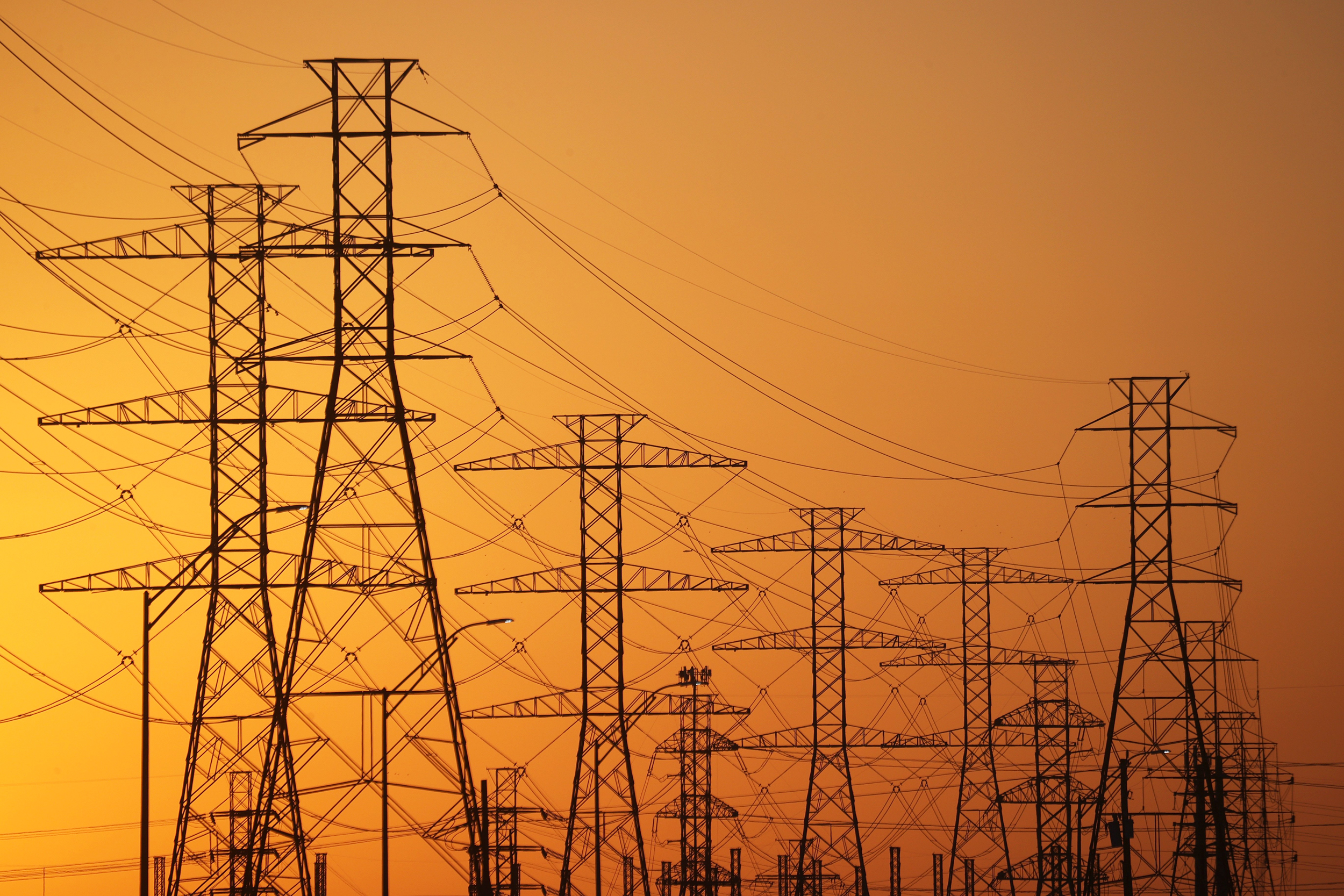
NERC Threatens Discos With Sanctions For Rejecting Power
The Nigerian Electricity Regulatory Commission has expressed concern over the electricity load rejection by power distribution companies despite the blackout witnessed in many parts of Nigeria.
It threatened to enforce appropriate regulatory actions against Discos that fail to meet the key performance targets for electricity offtake, stressing that the disparity between available power capacity and customer demand was becoming large.
The power sector regulator in its latest quarterly report for Q3 2023 analysed by our correspondent on Friday, stated that the Partial Activation of Contract regime, which took effect in July 2022, defined the target volume of energy to be off-taken by Discos at any time as their Partially Contracted Capacity.
It explained that under the PAC regime, Discos had take-or-pay obligations on their PCC, meaning that they must pay for available power capacity irrespective of their offtake.
It said this structure was consistent with international best practices for long-term contract-based power procurement and ensures that power generation companies earn capacity payments to compensate them for availability.
“Considering the large disparity between available capacity and customer demand, it is expected that Discos will offtake their Partially Contracted Capacity at all times provided that the generation is available.
“However, the commission continues to observe with concern that many Discos do not take their full PCC due to a combination of technical limitations as well as load rejection by the Discos largely due to commercial reasons, i.e., high losses in certain areas,” the NERC stated.
It, however, stated that to curtail this practice, the commission included load offtake as a key metric in its
KPI Order — Order on Performance Monitoring Framework (NERC/316-326/2022), which was issued to Discos effective October 2022.
“The order provides that persistent load non-offtake to certain thresholds may trigger regulatory actions against the management of erring Discos.
“Furthermore, it is noteworthy that when Discos have offtake ratios below 100 percent, this means that they incur increased wholesale energy costs as they still have to pay NBET/Gencos for unused capacity for which they have no avenue to recover revenues,” the commission stated.
Further analysis of the report showed that in 2023/Q3, the average energy offtake by Discos at their trading points was 3,253.83 megawatts-hour/hour, which represented an increase of +0.08 percent (+2.52MWh/h) when compared to 3,251.31MWh/h off-take in 2023/Q2.
But the commission pointed out that during the quarter, all the Discos took less than their available PCC, except Eko and Ibadan Discos which recorded offtake performance of 112.25 percent and 105.55 percent, respectively, and would therefore benefit from reduced wholesale energy costs.
The commission stated that it would utilise its Order on Performance Monitoring Framework “to enforce appropriate regulatory actions against Discos that fail to meet the KPI targets for offtake ratio.”



